MGRI held an educational program for foreign students from African countries in Stary Oskol
The Starooskolsky Geological Exploration Institute (branch) of the Sergo Ordzhonikidze Russian State Geological Exploration University MGRI hosted a unique educational program for foreign students from African countries. This summer the multidisciplinary university «Russia-Africa» became a landmark event, which was organized with the support of the Ministry of Science and Higher Education of the Russian Federation. The main goal of the project is not just training but deep immersion of participants from African countries in the educational environment of Russia and familiarization with advanced technologies and cultural traditions, which contributes to the strengthening of international ties.
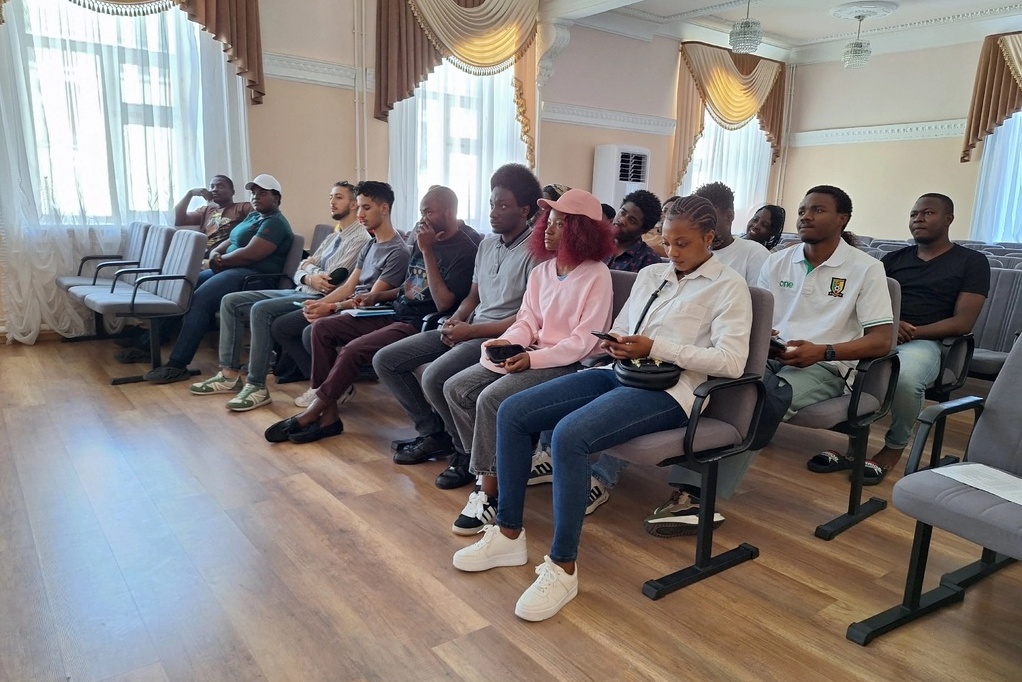
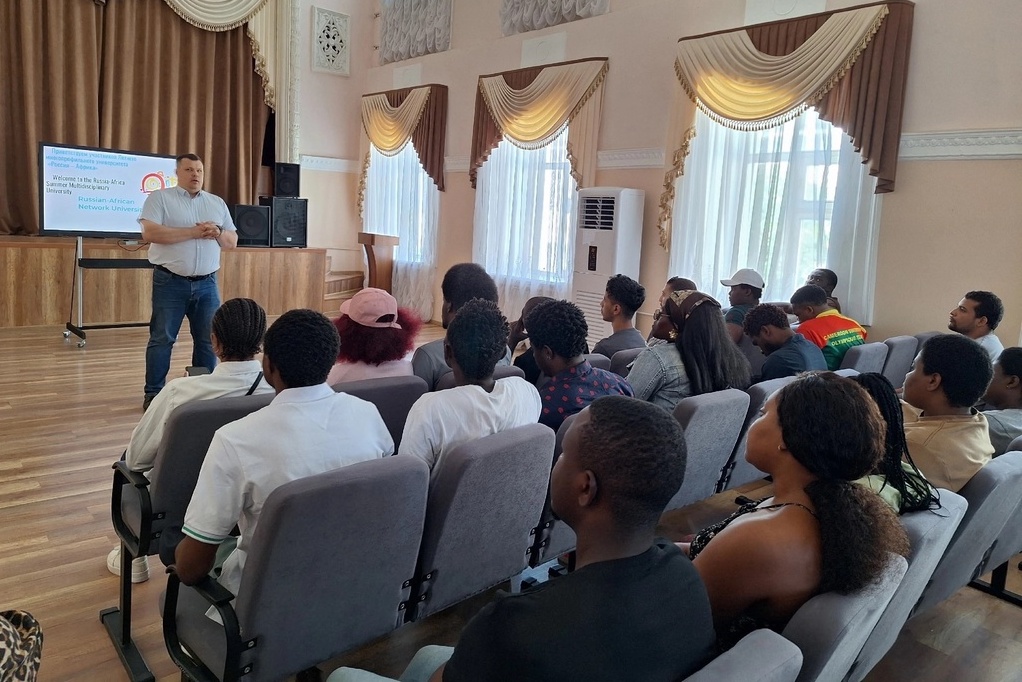
This year, 20 students from countries such as Cameroon, Mauritania, and Morocco participated in the program. This diversity of cultures and educational systems enriched the overall experience of the participants, creating a unique atmosphere for the exchange of knowledge and ideas. The educational program was divided into two main tracks: educational and cultural-historical. The first track provided for the implementation of the additional educational program «Technology of Geological Exploration» and included three modules.
The first module focused on prospecting and exploration of mineral deposits. Students studied modern methods and approaches to geological exploration, which is an important aspect for countries with a developing mining industry. The second module focused on the application of digital technologies in mining and exploration. The participants learned about mining and geological information systems used at the largest enterprises—subsoil users of the Kursk Magnetic Anomaly, which are important tools for data analysis and decision-making in the field of exploration and mining. The third module covered the basics of environmental safety, which is especially relevant in light of modern challenges related to sustainable development and environmental protection.
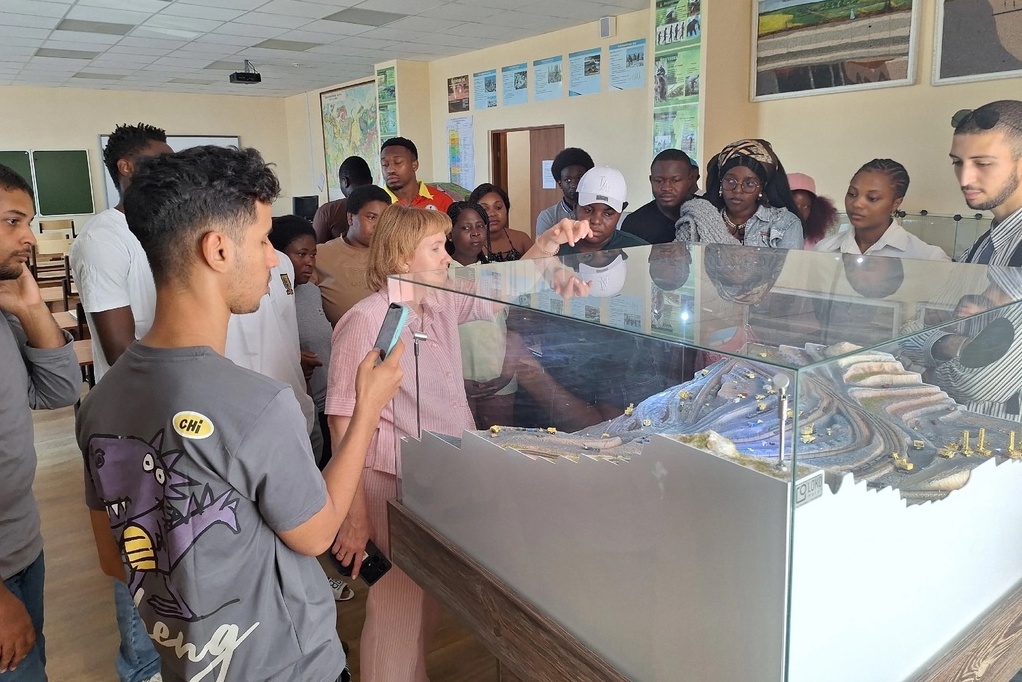
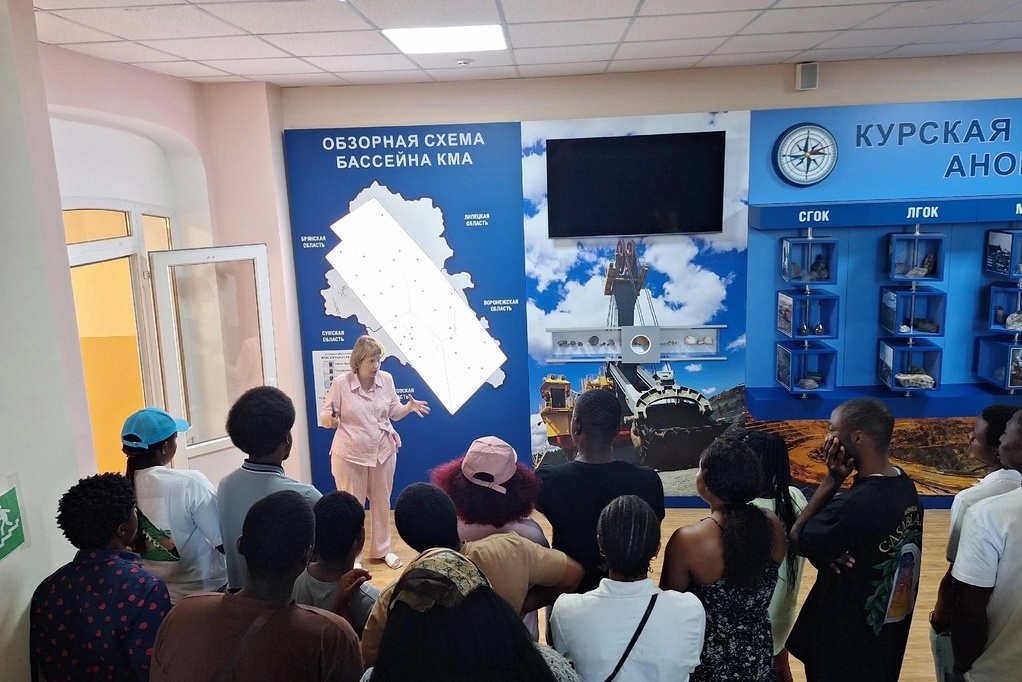
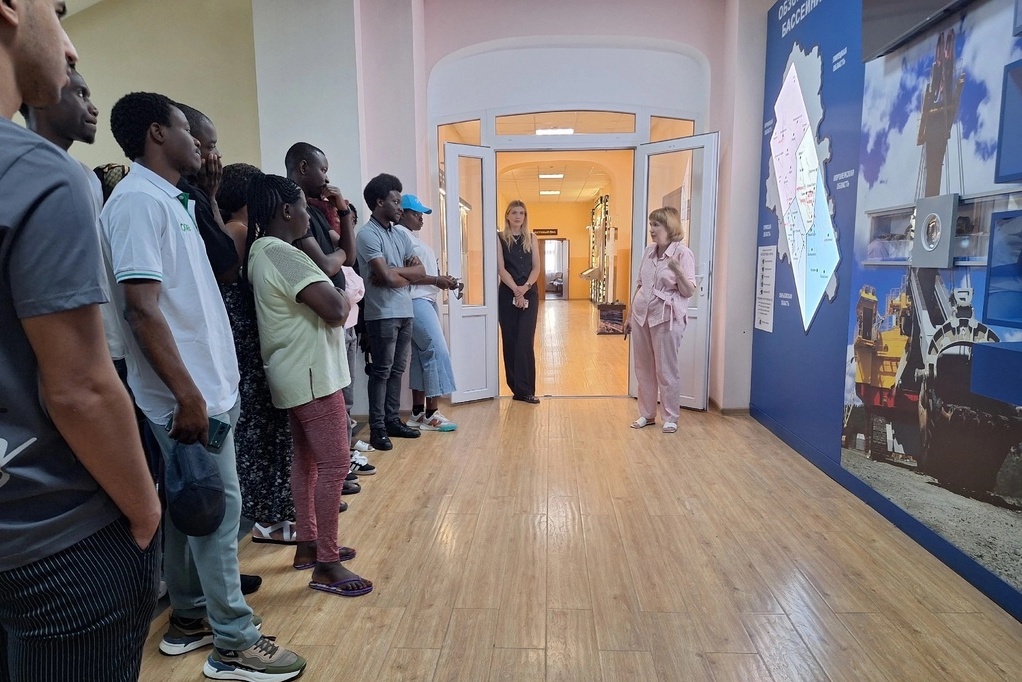
As part of this track, students visited major mining, metallurgical, and machine-building enterprises in the region, such as SOATE, Lebedinsky GOK, OEMK, and ALTEK. These excursions not only demonstrated the achievements of the Russian industry but also allowed the participants to see in practice how the knowledge gained during the training was applied.
Excursion to the SOATE enterprise:
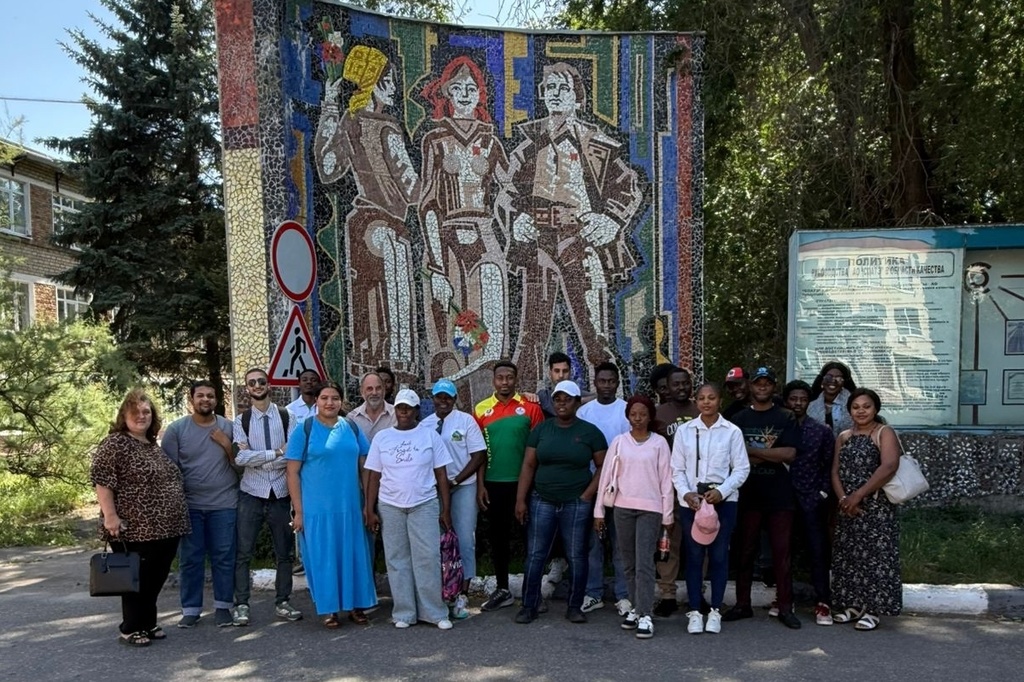 Excursion to Lebedinsky GOK:
Excursion to Lebedinsky GOK:
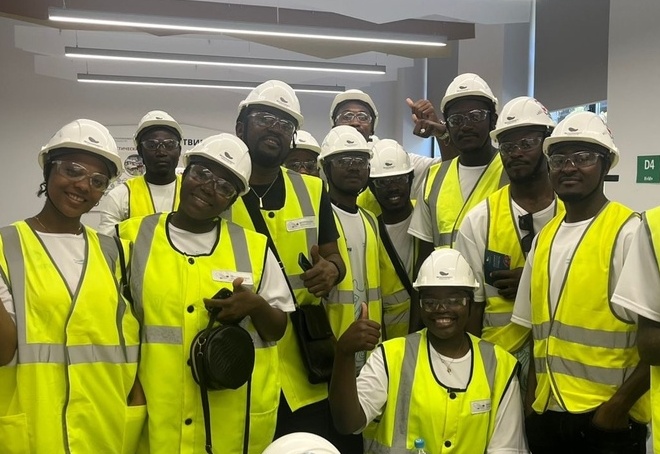
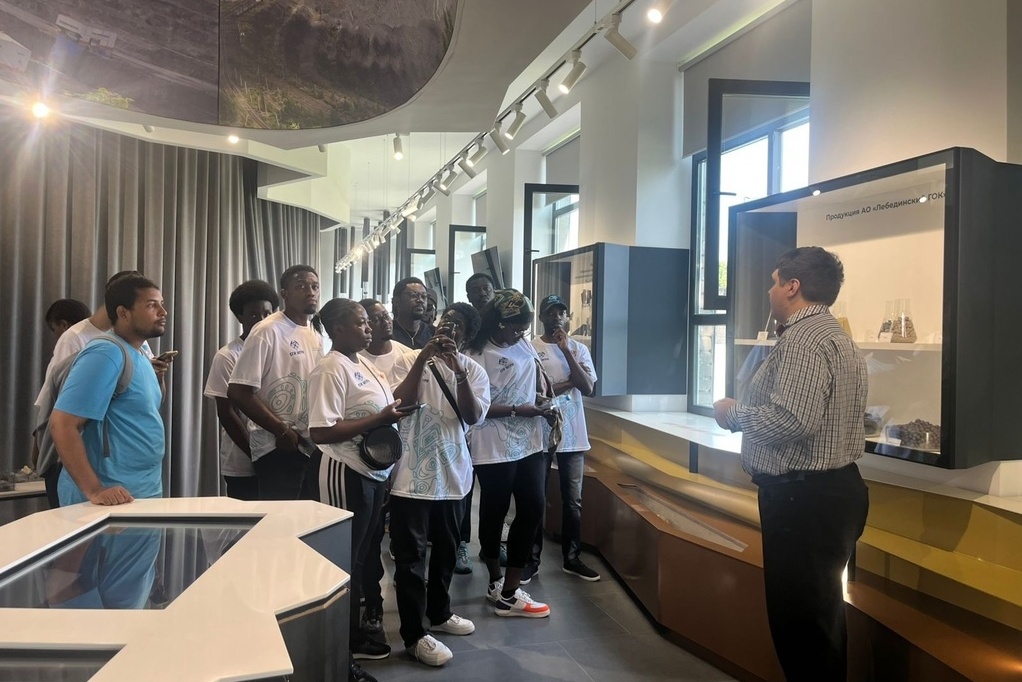
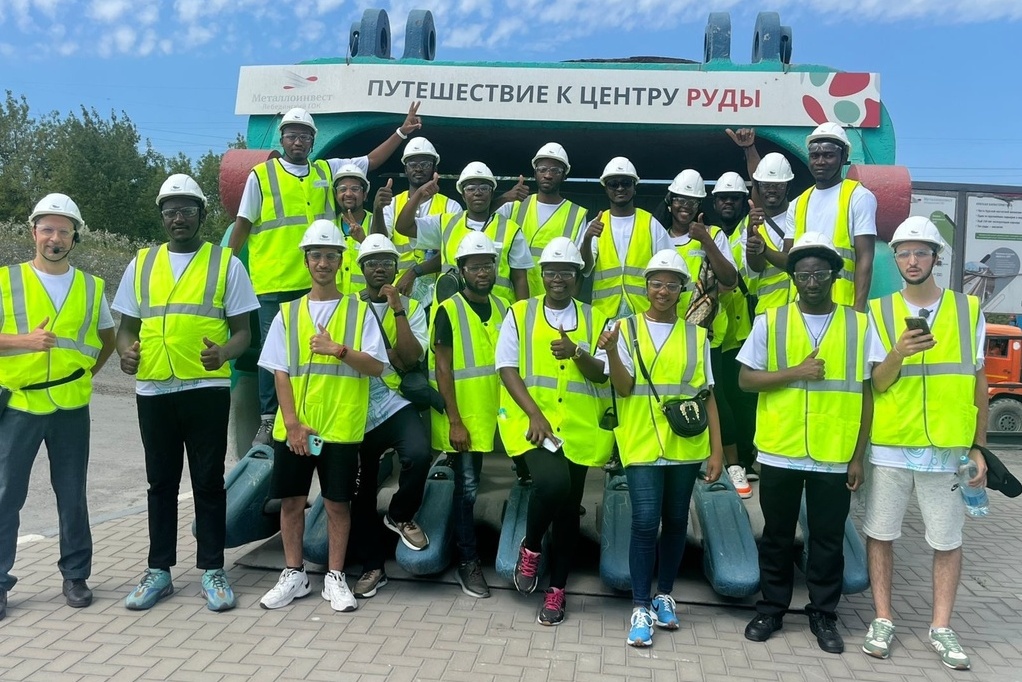
Excursion to the ALTEK enterprise:
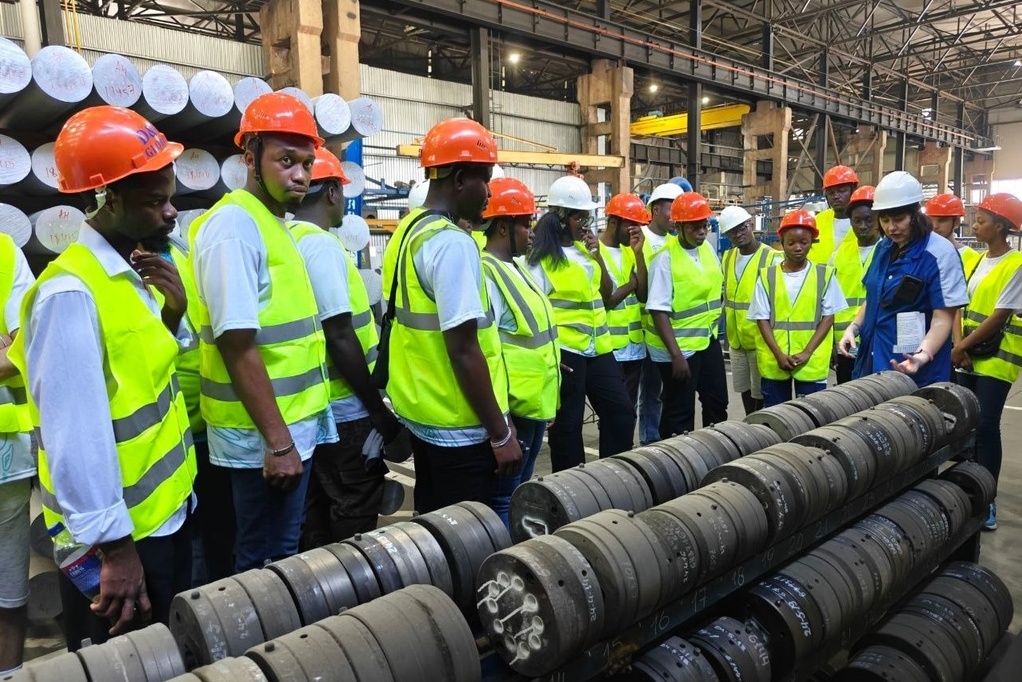
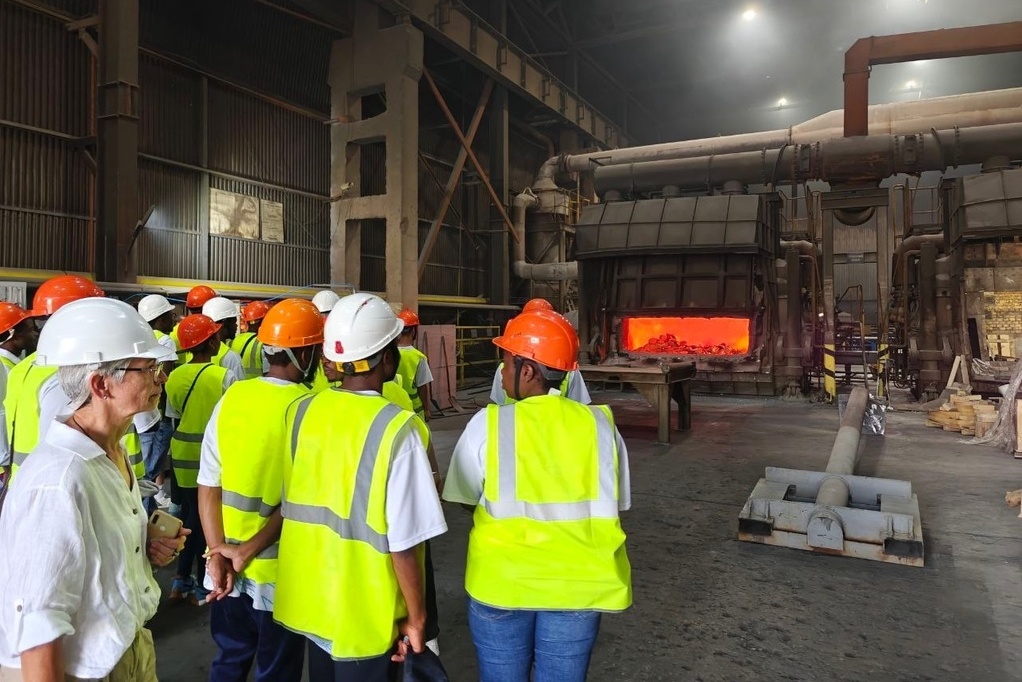
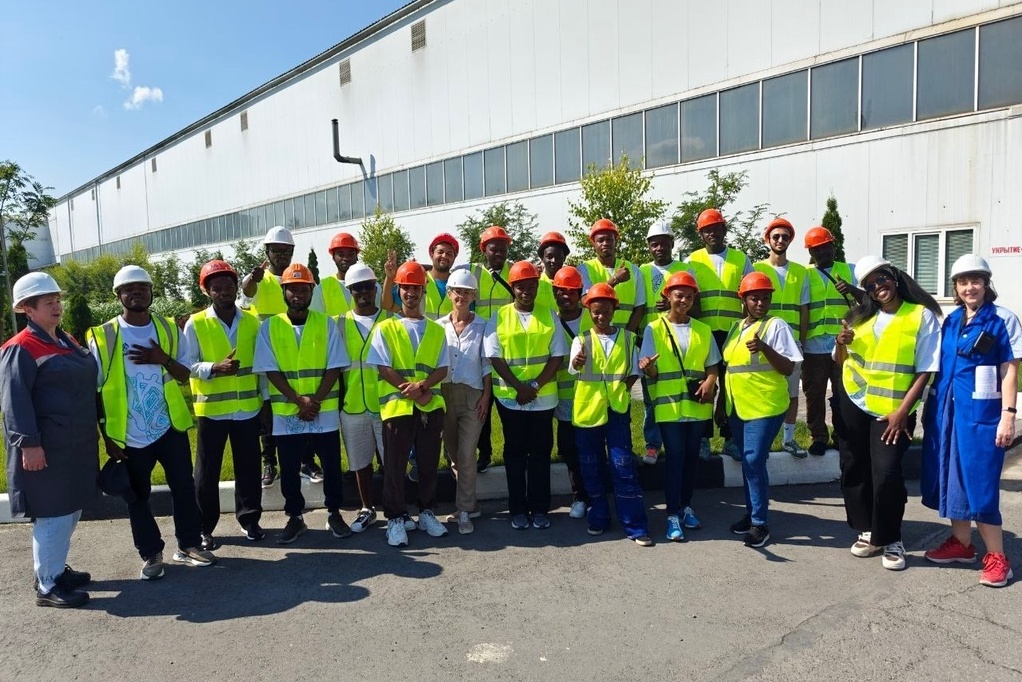
The cultural and historical track was no less important, as it allowed participants to gain a deeper understanding of the history and culture of Russia, as well as the peculiarities of the Belgorod region. The program included excursions to museum complexes: the museum of the Starooskolsky Geological Exploration Institute of MGRI and the ethnographic village «Klyuchi», as well as memorable places related to the history of Russia—the museum «The Third Wartime Field of Russia» and the museum «The Battle for the Weapons of the Great Victory». The participants also visited the Prokhorovskoye Field and the underground Kholkovsky Monastery, which gave them a deeper understanding of Russiaʼs spiritual and cultural traditions.
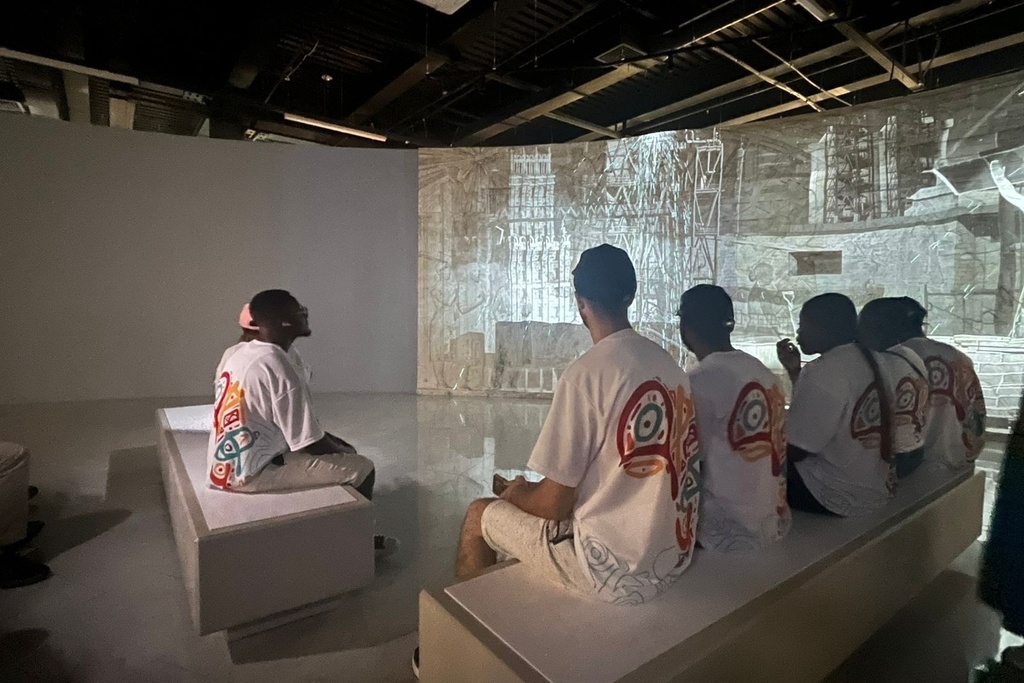
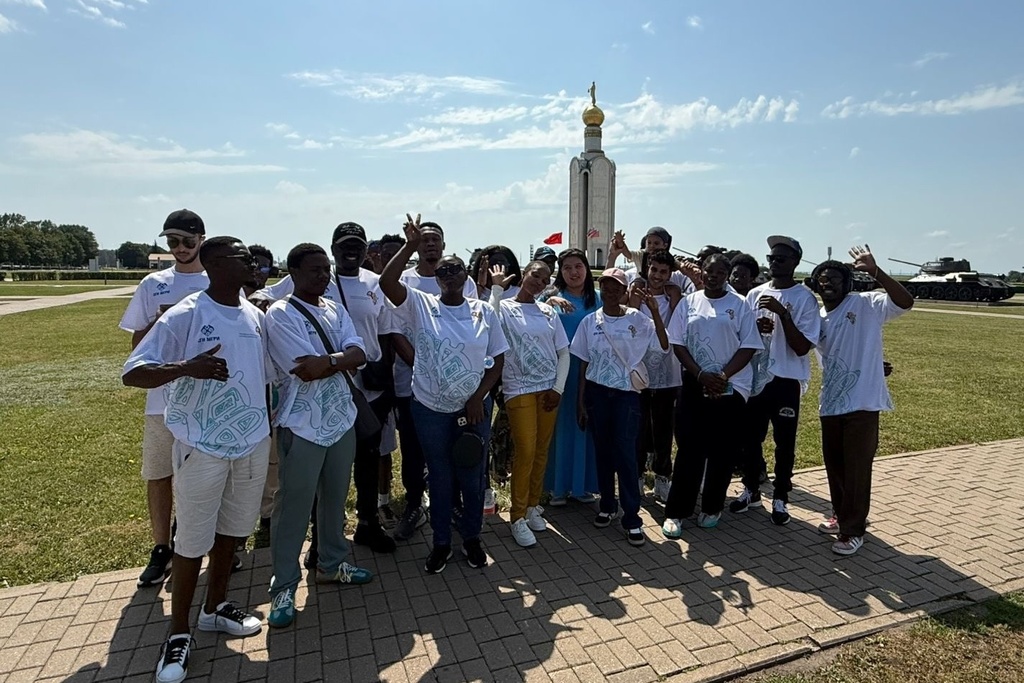
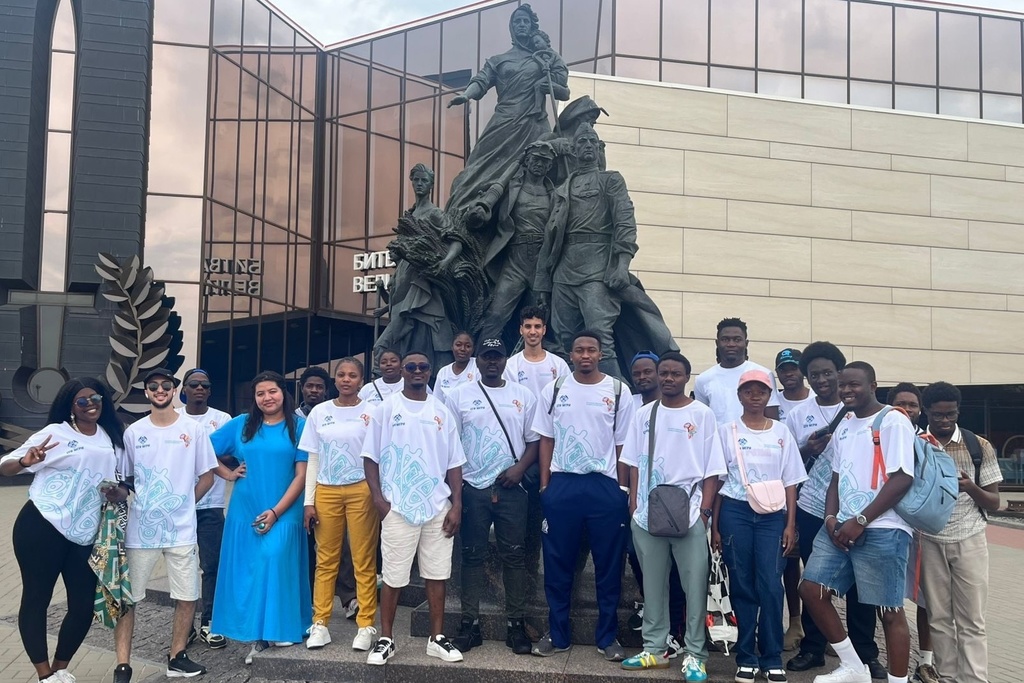
In addition to academic and cultural events, the program participants had the opportunity to get acquainted with the life of Russian students and take part in various social activities. Sports events, creative master classes, and evenings of national cuisine were organized for them, which helped to establish friendly relations and create an atmosphere of mutual respect and understanding. Such initiatives contribute to the formation of positive images of each other among young people from different countries, developing a sense of solidarity and mutual understanding, which is extremely important in todayʼs world, where international relations play a key role in ensuring sustainable development and prosperity for all peoples.
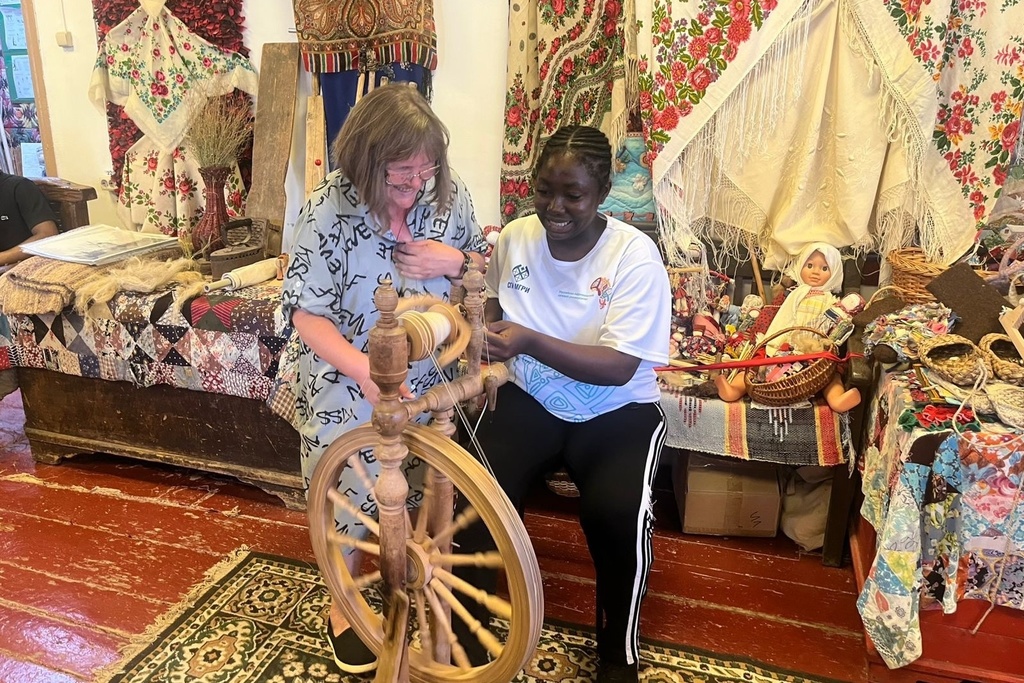
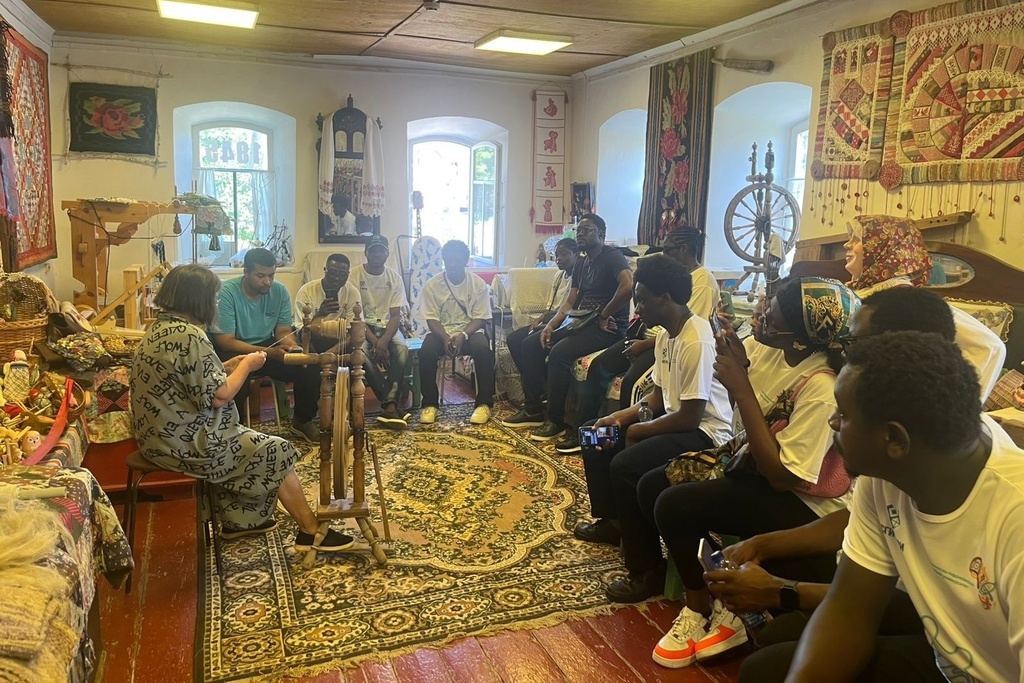
The educational cycle ended with the final testing on the additional educational program «Technology of Geological Exploration». All students successfully coped with the testing and received certificates of completion and RAFU diplomas. This was not only a confirmation of their knowledge but also an important step towards the development of their professional career, opening new horizons for future achievements.
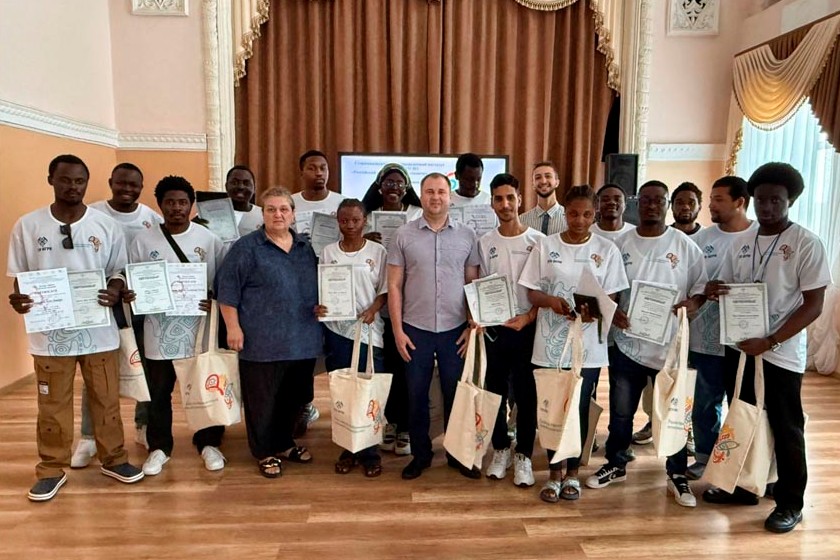
This project demonstrated the potential of international cooperation in the field of education and culture, facilitating the exchange of experience between countries and strengthening friendly ties between peoples. The program became a vivid example of how education can contribute to the formation of a global community of professionals ready to work together to solve common problems and overcome global challenges. It demonstrated the importance of intercultural interaction and the significance of a modern educational platform for training a new generation of specialists capable of confidently navigating a rapidly changing world.